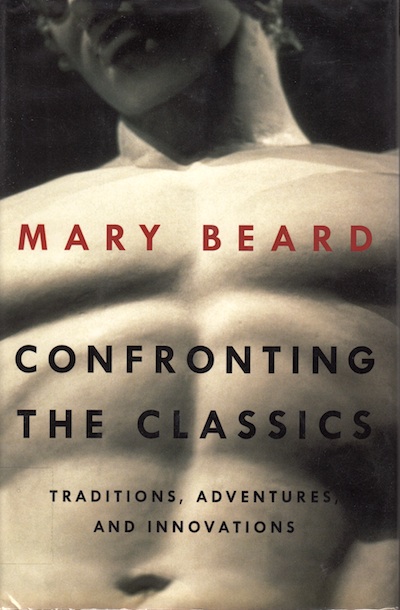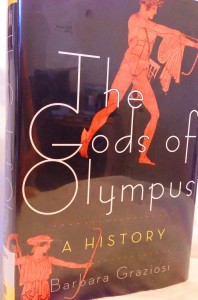 Mary Beard is, of course, a well-know classicist, and it’s a personal life mission of mine to read all of her books. Even the dry academic ones – they’re quite interesting, if you’re curious about life in the Ancient Roman or Greek worlds. This is not one of those.
Mary Beard is, of course, a well-know classicist, and it’s a personal life mission of mine to read all of her books. Even the dry academic ones – they’re quite interesting, if you’re curious about life in the Ancient Roman or Greek worlds. This is not one of those.
Women & Power is a very slight book – less than 100 pages – that is basically a transcript of two speeches she gave about just how deep silencing women goes in Western culture. Spoiler alert: the first example of silencing a woman in a written text is the Odyssey, which is possibly the oldest written text there is.
There are examples of powerful women in ancient texts, but these women are never portrayed as positive role models – think of Medea and Medusa – and even Athena is problematic. The feminine is secondary to the masculine by default.
This was a quick but illustrative read. Definitely recommended.

